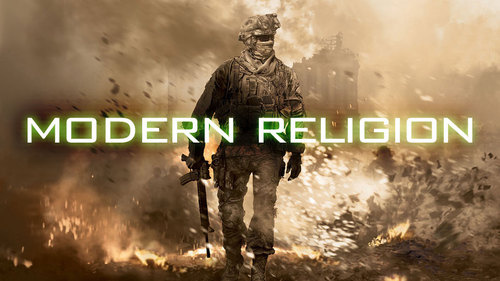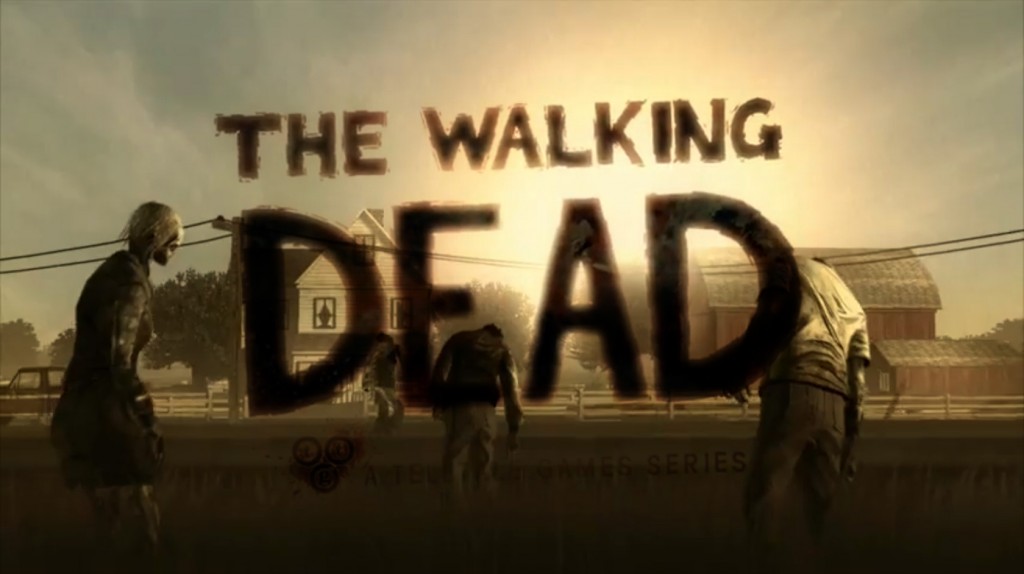I have a confession: sometimes I like to experience games without necessarily ever playing them. In other words, I dabble in vicarious play. Whether it’s because of a lack of money or other demands for my time, I occasionally find myself turning to the internet to watch playthroughs. I pick the user with the least annoying voice and the best track record when it comes to discriminatory jokes or insensitive comments (bonus points are awarded if there is little to no player narration) and watch all the way through the game. Caught in the middle of end of semester papers and projects and looking for a short break, I found myself a playthrough of the new Bioshock Infinite DLC, Burial at Sea. But about half way through I stopped and wondered: just why is it that I find watching someone else play certain games almost as enjoyable as playing them myself?
While there are definitely exceptions, like my two current addictions Animal Crossing: New Leaf and Pokemon XY, I’m not ashamed to admit that I often play for story. Whereas many game scholars, developers, and critics alike will insist that games are not a good medium for storytelling or that a narrative is just an extra addition to a game like a compelling soundtrack or the intricacy or detail of the graphics, I respectfully disagree. While there’s no denying that many game stories are not particularly well written and many have problematic elements within them, I would argue that this doesn’t eliminate the fantastic opportunities that are involved with including story within game design.
Because I’ve written on this subject before, where I expressed that indie games can break the mold of the more commercial games in that they can often be used as a melting pot for narrative and innovative gameplay, I wont go too much into these theories. Instead, while I will agree that that is ultimately an ideal for game development to have a successful merging between gameplay and story in which each compliments the other (such as the way the story unfolds through gameplay rather than cutscenes in the Bioshock series), I want to address the stigma that is often associated with admitting that part of or most of the reason you play games is for the story.
I’ve seen people insist that “stories are for books” and that if you’re looking for a good story that you should read instead; seen those who admit that they love certain games or series mostly for their story ridiculed for doing so. Though I will admit that I certainly have a bias towards narrative, I think that a mentality of this nature is undermining what games bring to the storytelling table. I personally find myself fascinated by the worlds that can only be created in games. While game stories do sacrifice certain storytelling aspects, I feel that it makes up for it in the immersion factor and the unique way the story components can be revealed. A player can step within “the magic circle” and truly assume the role of the character they’re playing. The world and environment can literally be explored and interacted with, creating an experience unique to games. Even in games where the story is more expressly linear, such as in the recent Beyond: Two Souls, I enjoy the genuine story immersion that gaming can offer that is lacking in any other storytelling medium. If a game is lacking the various components of narrative, such as an engaging storyline, setting, and characters, I know I am not alone in saying that I’m far less likely to feel motivated to play it.
So though walkthroughs/playthroughs do prevent me from having the chance to actually control, being able to see how the game’s story plays out or how its universe is carefully crafted is often just as fulfilling of an experience as participating in the actual gameplay is.




